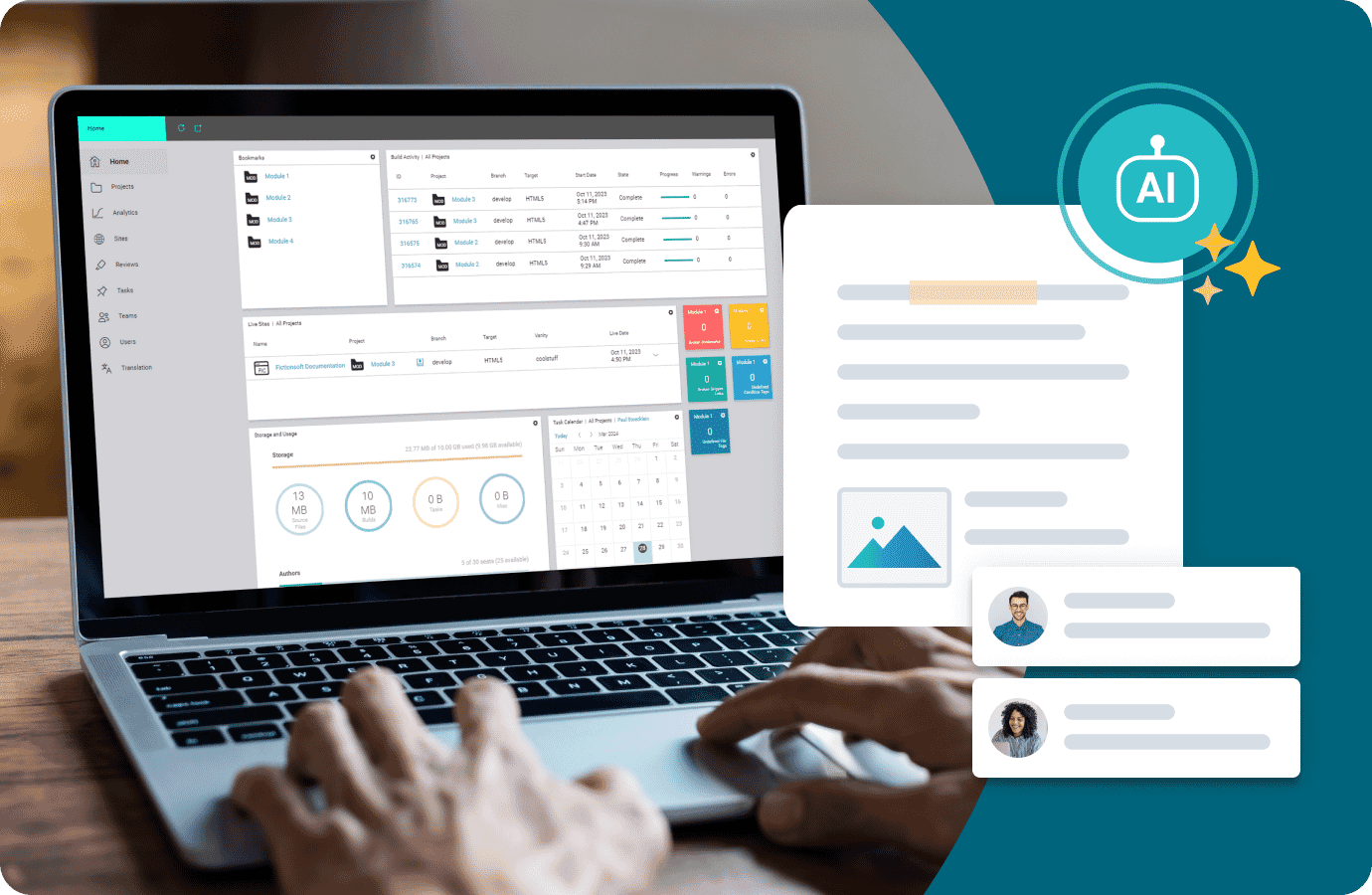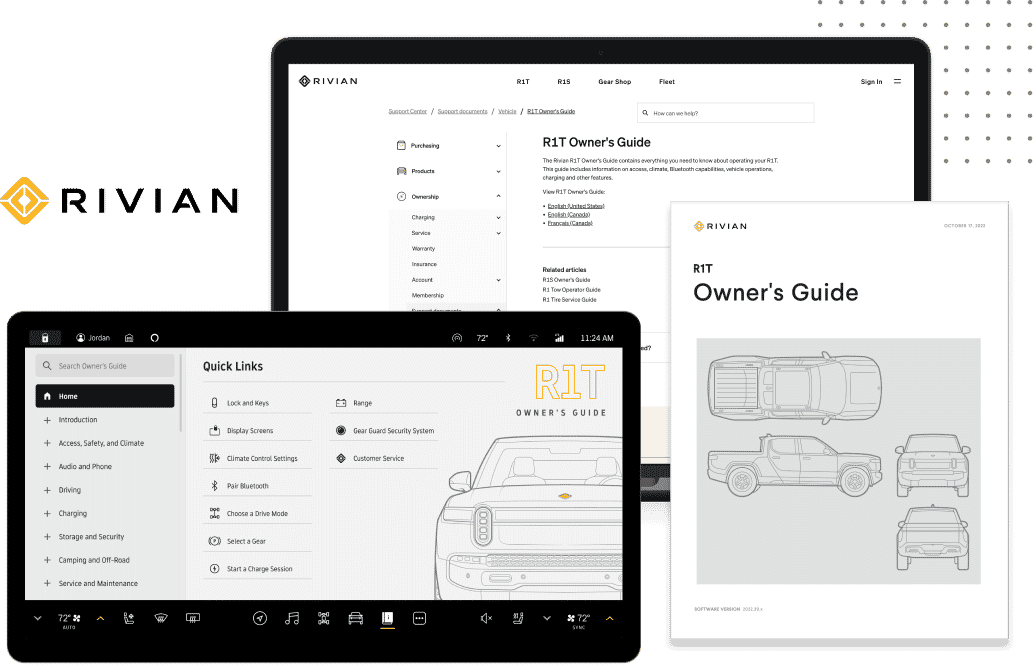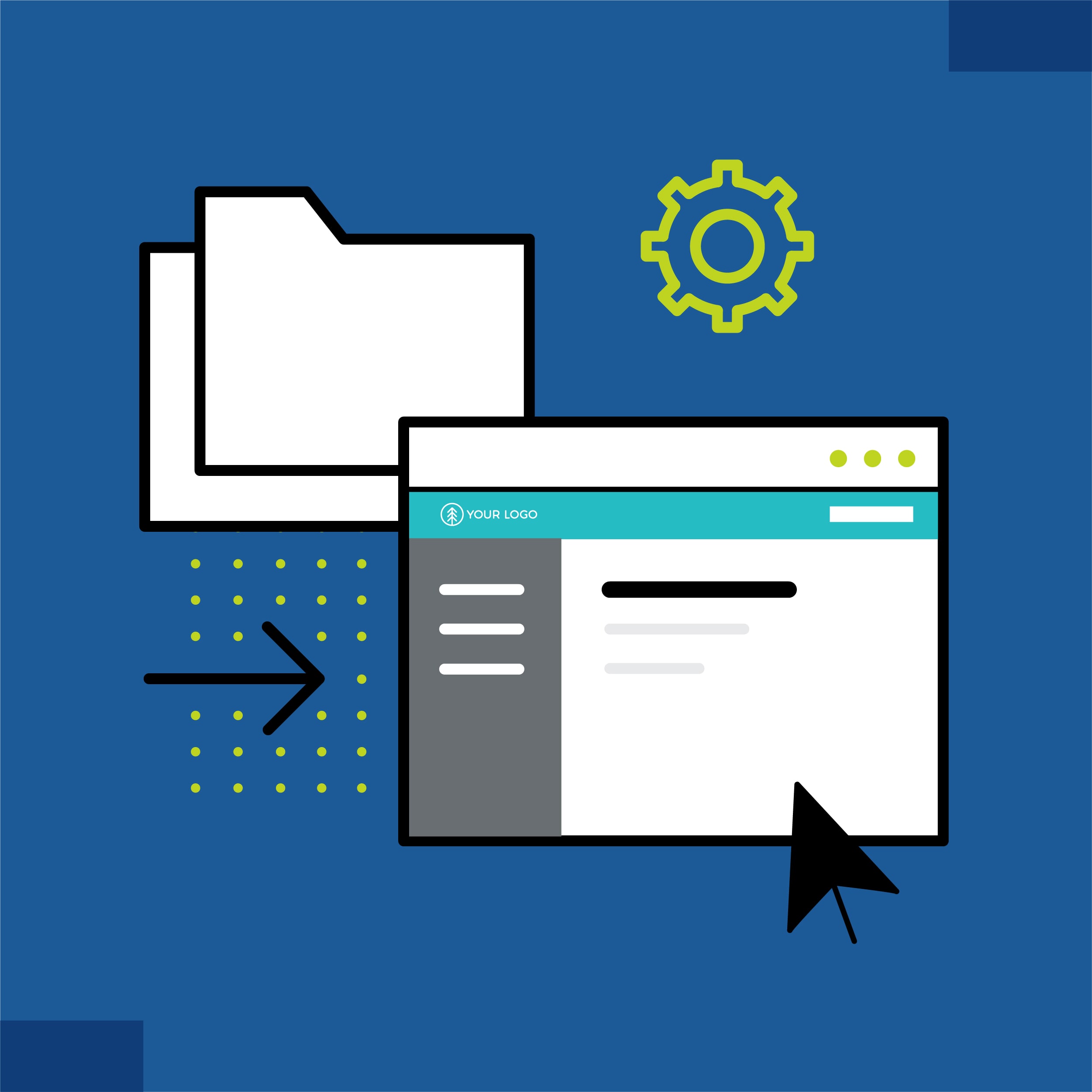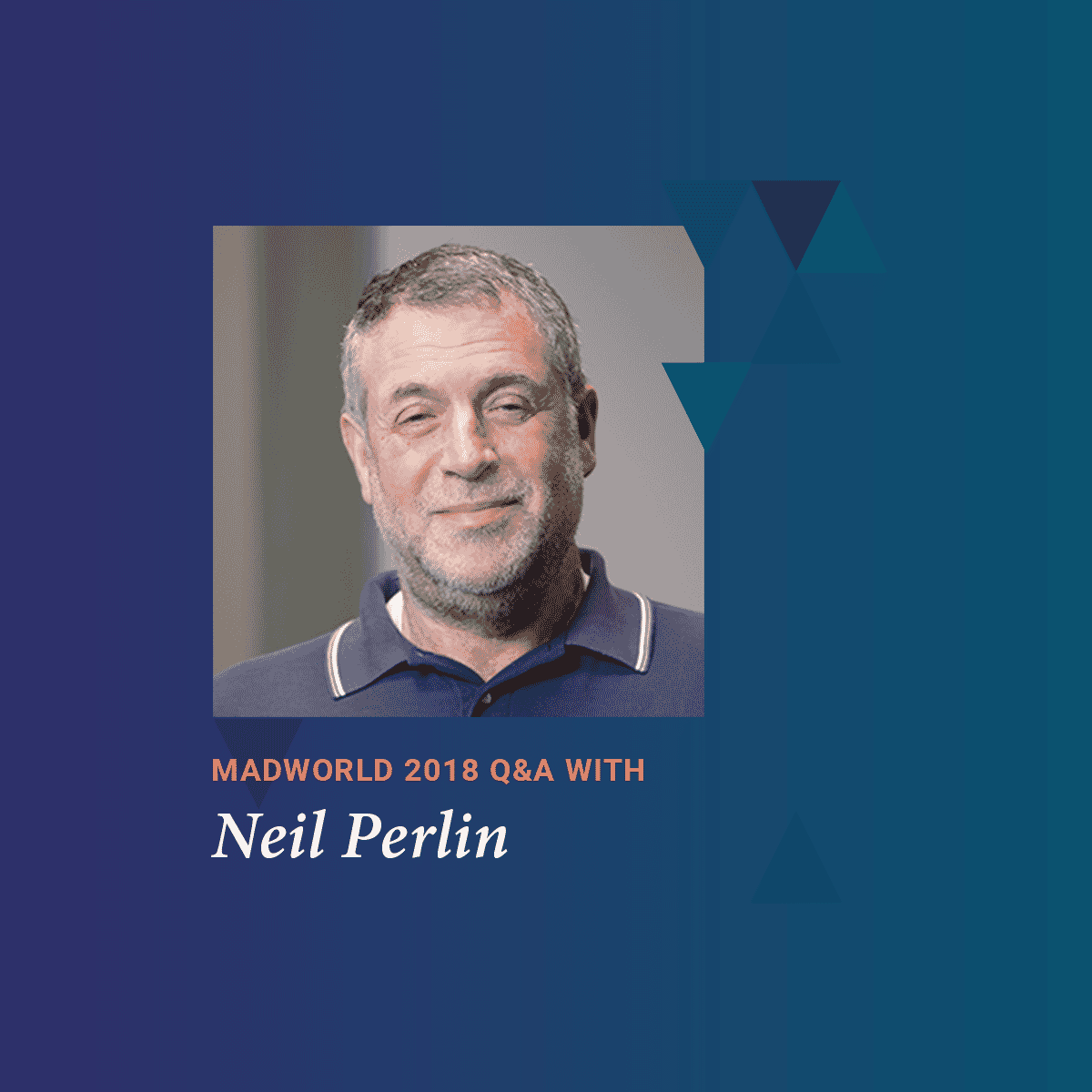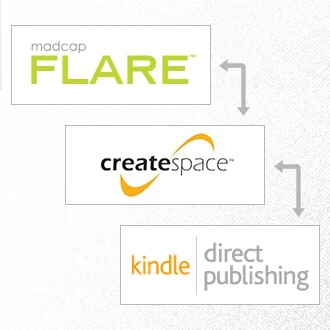Neil Perlin is an internationally known consultant, strategist, trainer, and developer for online content in all forms from online help to apps. He is MadCap Certified for MadCap Flare and MadCap Mimic and a long-time Flare and Mimic trainer and consultant. He is the author of various books on Flare and Mimic, and “Creating Mobile Apps Without Coding”. Neil writes columns and articles for various industry publications and is a popular conference speaker.
Once upon a time, being a technical writer was a straightforward job. We learned the subject, learned to write well, learned to use an authoring tool - often Microsoft Word - and generated the output - often in print form. But when online help appeared in the early 1990s, that simple job began to change into today's multi-layered, complex, and evolving one. So, how do we stay ahead in this environment?
It all starts with improving your communication skills, learning from other technical writing examples available and expanding your technical knowledge. Here are a few tips on how to best improve your technical writing skills to become a better writer and technical communicator overall.
Learn to Communicate Better
At one time, I would have entitled this section "Learn to Write Better" but times change. Many of us still write content but more and more of us create additional forms of content like graphics, video, audio, even augmented reality. Thus, if you want to learn how to become a technical writer or improve your technical writing skills, you first have to learn the importance of being a strong communicator.
Writing is still the most common form of content but even the term "writing" isn't as clear cut as it once was. There's a difference between writing for print output vs. online output, as there are when writing for online output to large monitors vs. tablets vs. cell phones vs. augmented reality vs. the next thing that comes along. So those of us who write must create content in a form that works best for the output mediums that we support today and those that we may have to support tomorrow. And the same holds true for the additional forms of content as well.
The best way that I've found to learn to write for different mediums is to learn to write as well as I can and to look at content in different mediums and ask myself what examples work, what don't, and why.
Learn to Use Our Authoring Solutions More Efficiently
Want to increase your skills as a technical writer? Modern technical authoring and publishing solutions like MadCap Flare are packed with powerful features, and using them properly is critical to gaining the benefits they were designed to provide.
The best way to learn to use our authoring solutions more efficiently is to take a formal training class. Full disclosure: I have a conflict of interest here since I am a Certified Flare Instructor, but I'll stand by my statement. The benefit of a certified training class is that it provides guided and structured learning to hone in on your technical communication skills, plus the instructor has probably made all the (at least basic) mistakes for you, thus getting you off to a fast start. MadCap Software also offers their MadCap Flare Introductory Training Course free of charge, which can prime writers for other classes.
Can’t afford a training course? Look at other official sources of information – recorded webinars on the vendor’s website, forums, technical documentation example sites, or user groups. I emphasize "official" sources of information simply because the further away you get from official information, the greater the risk of misinformation. You can assume that almost any question you have, someone else will already have had and answered so these sources of information are simply a way to get "in touch" with that person.
And the more you know about various authoring solutions, the more employable you'll be when it comes to finding that perfect technical writing job.
Learn the Technology Behind Our Authoring Solutions
As good as today's authoring solutions are, one of their primary purposes is to provide a friendly face to the underlying technology. For example, MadCap Flare provides a friendly face for complex technologies like XHTML and CSS. But the more you know about the underlying technologies, the better you'll understand what the authoring tool is doing and perhaps be able to do things that the GUI authoring tool can't do, such as implementing CSS features that work in the output but are not supported in the tool's GUI.
What technologies should you learn about as a technical writer? Everyone's needs differ but CSS, version (or source) control, and SEO (Search Engine Optimization) are three useful technologies that are useful to know in almost any circumstances. Plus, a knowledge of the underlying technologies will make it easier for you to judge the strategic effects of new technologies, methodologies, and trends on your company. And the more you can do that, again the more employable you'll be.
Stay Curious
Technical communication can be all-consuming and there's often a temptation to learn what we need to know and then slack off a bit. That's a mistake. New technical communication technologies and methodologies pop up often and you need to be aware of them - what they are and how they might affect your company. You don't want to get caught up short if your manager turns to you in a meeting and says "So, what do you think of technology X?" Being able to answer that question will make you look good and perhaps give you a reputation as a forward thinker.
What's out there to be curious about? Consider Information 4.0 and expert system-generated content, just two of the items that I've been discussing in the last few years. Will they affect my clients? I don't know. But I can discuss them in a fair degree of detail if necessary. And they're just cool, which always helps.
Learn Beyond Technical Communication
Technical communication is just a small part of the larger company environment so the more familiar you are with that larger environment, the more effective you'll be as a technical communicator, project manager, or higher.
For example, learn about finance and you'll be better able to phrase funding requests in the language of the Finance department. Learn about strategic planning and you'll be better able to understand the company's direction and perhaps even help steer it. Learn about marketing and you'll understand what product features the Marketing department wants to emphasize to prospective customers and design your content with that in mind. Learn more about the engineering behind the company's products and you'll be in a better position to talk to the Engineering group and, again, perhaps steer some of the technical decisions.
Conclusion
Technical communication will never lack for things to learn. And the more you learn the more flexible, more employable, and better a technical communicator you'll be. As simple as that.
Editor’s Note: Originally published on August 12, 2019 and refreshed on January 12, 2021.
